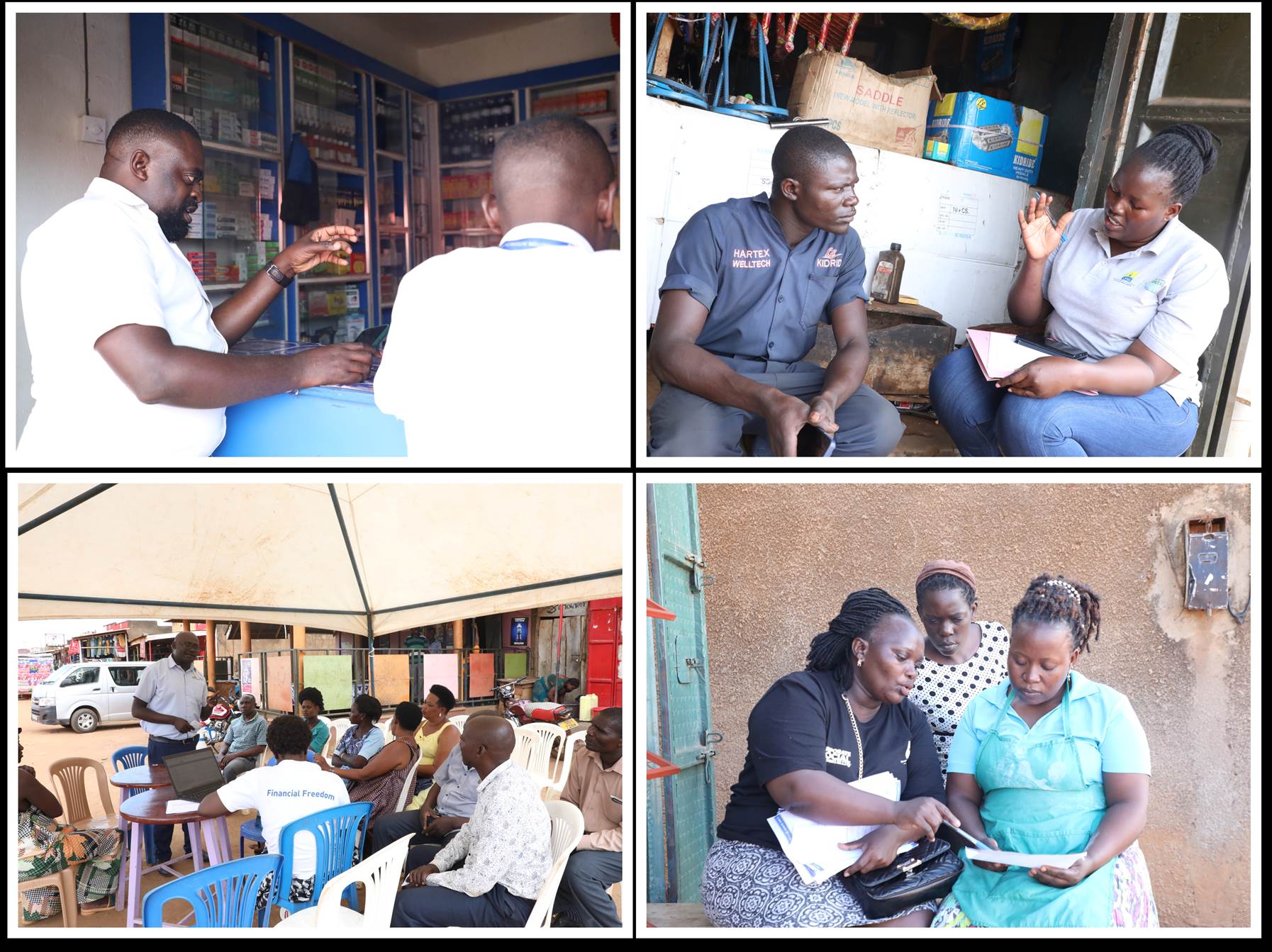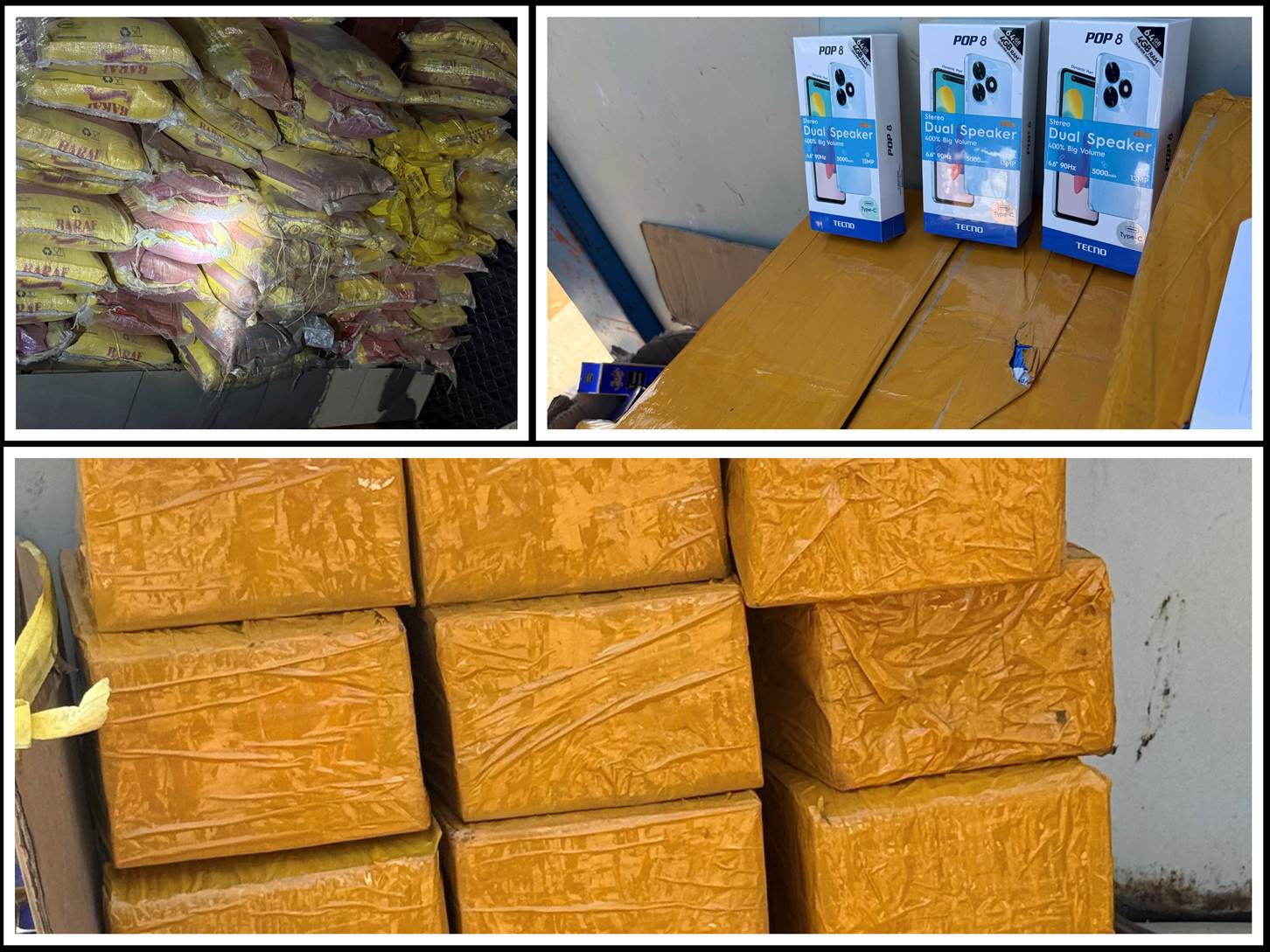Objection
An Objection is a communication in writing from a taxpayer to the Commissioner showing dissatisfaction with a tax decision (e.g. an assessment) raised on the taxpayer.
Tax Decision
A tax Decision means an assessment raised on the taxpayer or a decision on any matter left to the discretion, judgement, direction, opinion, approval, satisfaction or determination of the Commissioner.
Objection Decision
This is a decision made by the Commissioner General of Uganda Revenue Authority to allow the objection made by a taxpayer either in whole or in part and amend the tax assessment in whole or in
part or disallow the objection.
Reviewing Body
This means the Tribunal, the High Court, the Court of Appeal and the Supreme Court.
BRIEF
Alternative Dispute Resolution (ADR)
A taxpayer dissatisfied with an objection decision may apply to the Commissioner to resolve the dispute using alternative dispute resolution procedures that may be prescribed by the Minister through regulations.
Appeal to the Tax Appeals Tribunal (TAT)
A taxpayer dissatisfied with the decision of the Commissioner General may, appeal the decision to the Tax Appeals Tribunal.
NB: In this case a taxpayer needs to first pay 30% of the tax assessed or the tax not in dispute, whichever is higher.
Appeal to High Court
A taxpayer dissatisfied with the decision of the Tax Appeals Tribunal may appeal the decision made to High Court.
Court of Appeal
A taxpayer dissatisfied with the decision of the High court may, within 30 days after being served a notice of the decision, appeal the decision to the Court of Appeal.
Supreme Court
A taxpayer dissatisfied with the decision of the Court of Appeal may appeal the decision to the Supreme Court.
NB: The Objections and Appeals procedure is provided for under the
• Tax Procedures Code Act 2014;
• East African Community Customs Management Act 2004 (Sections 229 and 230)
1) A taxpayer dissatisfied with any tax decision may lodge an objection with the Commissioner General within 45 days after receiving the notice of the tax decision;
2) An objection shall be in the prescribed form stating precisely the grounds upon which it is made and shall contain suffi cient evidence to support the objection;
3) Where a taxpayer has lodged an objection to a tax assessment for the tax period, the Commissioner may consider the objection if the taxpayer has:
a) Has fi led the return to which the assessment relates (in the case of a default or advance assessment)
b) Has paid the tax due under the return to which the assessment relates together with any penalty or interest due;
4) A taxpayer may apply in writing to the Commissioner General to extend the time to lodge an objection stating the grounds for this extension. If the Commissioner General is satisfied with the grounds, he/she shall grant the extension for a period as he/she determines
5) The Commissioner General may make a decision on an objection a) To a tax assessment affirming, reducing, increasing or otherwise varying the assessment to which the objection relates b) To any other decision affirming, varying or setting aside the decision
6) The Commissioner shall within 90 days from the date of receiving the objection serve a notice of an objection decision to the taxpayer
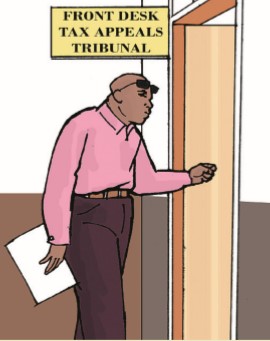
7) Where the notice above is not given to the taxpayer within 90 days, the taxpayer may by notice in writing to the Commissioner General elect to treat the Commissioner General as having made a decision to allow the objection.
8) Where the taxpayer makes an election, the tax payer is treated as having been served with a notice of objection decision on the date the tax payer’s election was lodged with URA
9) Where a review of the taxpayer’s records is necessary for settlement of the objection and the taxpayer is notified, the time limit (90 days) for making an objection decision is waived;
10) Where the Commissioner General reviews the taxpayer’s records, the/she shall with in 90 days notify the taxpayer of the review.
A taxpayer dissatisfied with an objection decision made by the Commissioner General may, after being served with a notice of the objection decision; apply to the Commissioner General to resolve the dispute using alternative dispute resolution procedures that may be prescribed by the Minister through regulations. This may present other avenues for taxpayers who would like to review objection decisions issued by URA without necessarily appealing to the Tax Appeals Tribunal.
A taxpayer dissatisfied with the decision of the Commissioner General may apply for a review to the Tax Appeals Tribunal (established by the Tax Tribunal Act). The taxpayer intending to lodge an appeal in TAT shall do so within 30 days after being served with the notice of objection decision.
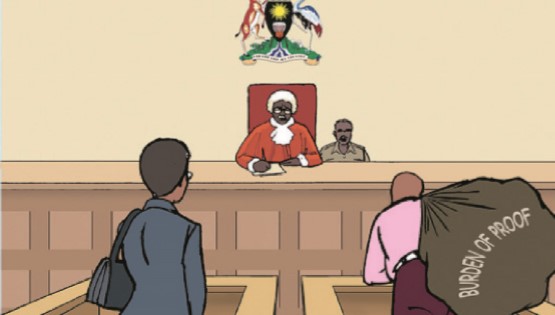
A taxpayer dissatisfi ed with the decision of TAT may, within 30 days after being served with a notice of the decision, apply to High Court to review the decision.
An appeal to the High Court may be made on questions of law only and the notice of appeal shall state the question (s) of law that will be raised on the appeal.
A taxpayer dissatisfied with a decision of the High Court may within 30 days after being served with a notice of the decision or within further time as the Court of Appeal may allow, lodge an application with the Court of Appeal for review of the decision.
This appeal may be on questions of law only.
The Court of appeal shall inquire and determine the appeal expeditiously and shall declare its findings not later than 60 days from the date of fi ling the appeal.
• A taxpayer dissatisfi ed with the decision of Court of Appeal may lodge an appeal to the Supreme court. The appeal may be lodged with a certifi cate of the court of appeal and the matter should questions of law of great public importance. • Where the decision maker is required to refund an amount of tax to the taxpayer as a result of a decision of a reviewing body (TAT, High Court, Court of Appeal, Supreme Court) the tax shall be repaid with interest at the rate specified in the tax relevant law. • The interest will be paid on the amount of the refund for the period starting from the date the person paid the tax refunded and ending on the last day of the month in which the refund is made. • The Supreme Court shall inquire and determine the appeal promptly and shall declare its findings not later than 30 days from the date of filing the appeal.
The burden of proof is on the tax payer to prove that the assessment is incorrect and for any other tax decision, is on the person objecting to the decision to prove that the decision should have been made differently.
a) A person directly affected by the decision or omission of the Commissioner Customs or any other officer on matters relating to Customs shall within 30 days of the date of the decision or omission lodge an application for the review of that decision or omission
b) The application referred to above shall be lodged with the Commissioner in writing stating the grounds upon which it is lodged
c) Where the Commissioner Customs is satisfied that, owing to absence from the Partner State, sickness or other reasonable cause, the person affected by the decision or omission of the Commissioner, was unable to lodge an application within 30 days of the date of decision or omission, and there has been no unreasonable delay by the person in lodging the application, the Commissioner Customs may accept the application lodged after the 30 days
d) The Commissioner shall within a period not exceeding 30 days of receipt of the application lodged with him or her in writing and any further information he/ she may require from the person lodging the application, communicate his or her decision in writing to the person lodging the application stating reasons for the decision
e) Where the Commissioner has not communicated his or her decision to the person lodging the application for review within a period not exceeding 30 days, the Commissioner shall be deemed to have made a decision to allow the application
f) The Commissioner may at the request of the person lodging the application release any goods in respect of which the application has been lodged.
This is subject to payment of duty or provision of sufficient security for the duty and for any penalty that may payable as determined by the Commissioner
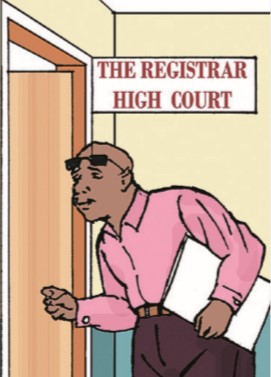
• A person dissatisfi ed with the decision of the Commissioner Customs may appeal to a Tax Appeals Tribunal established in accordance with section 231
• A person intending to lodge an appeal under this section shall do so within 45 days after being served with the decision, and shall serve a copy of the appeal on the Commissioner Customs
Subject to any law in force in the Partner States with respect to the tax appeals each partner state shall establish a tax appeals tribunal for the purpose of hearing appeals against the decisions of the Commissioner made under Section 229.








